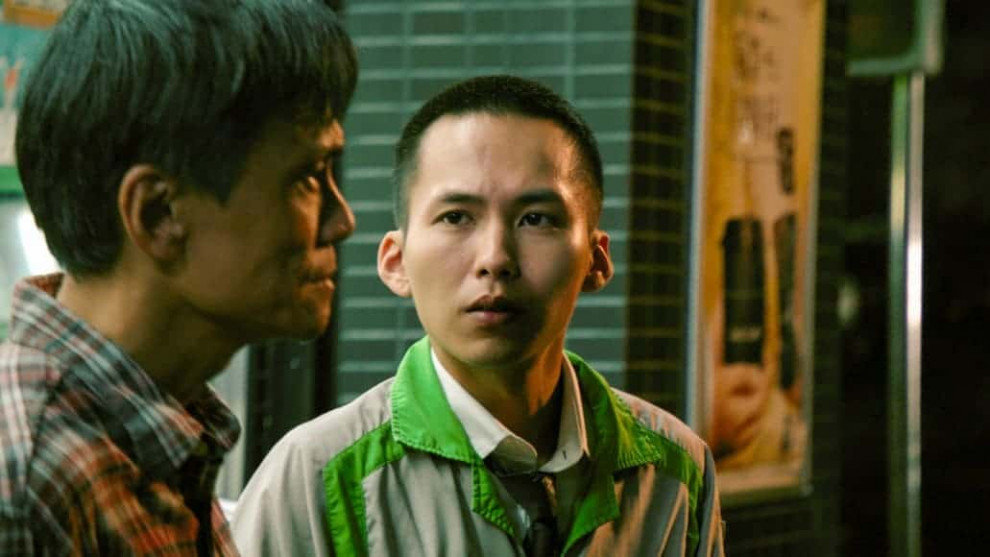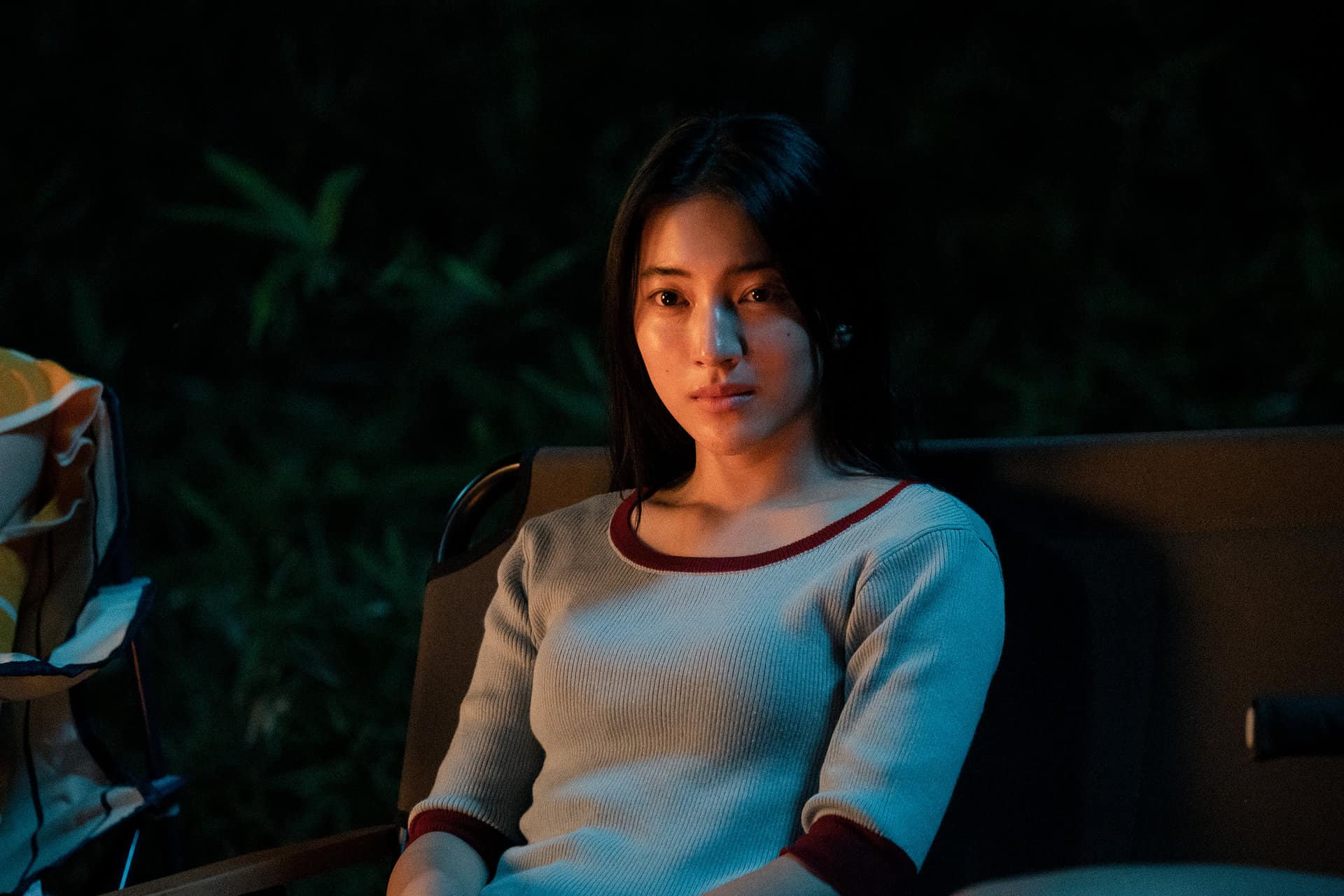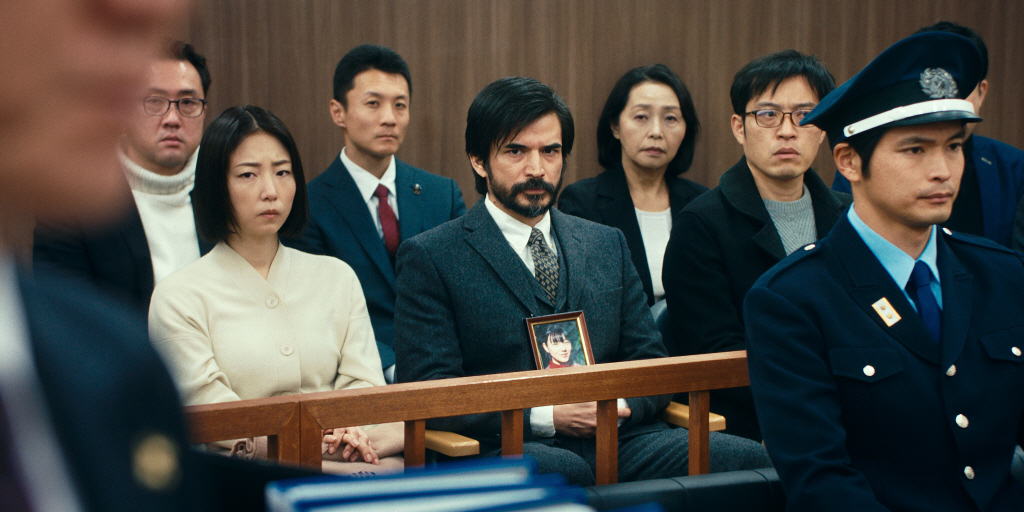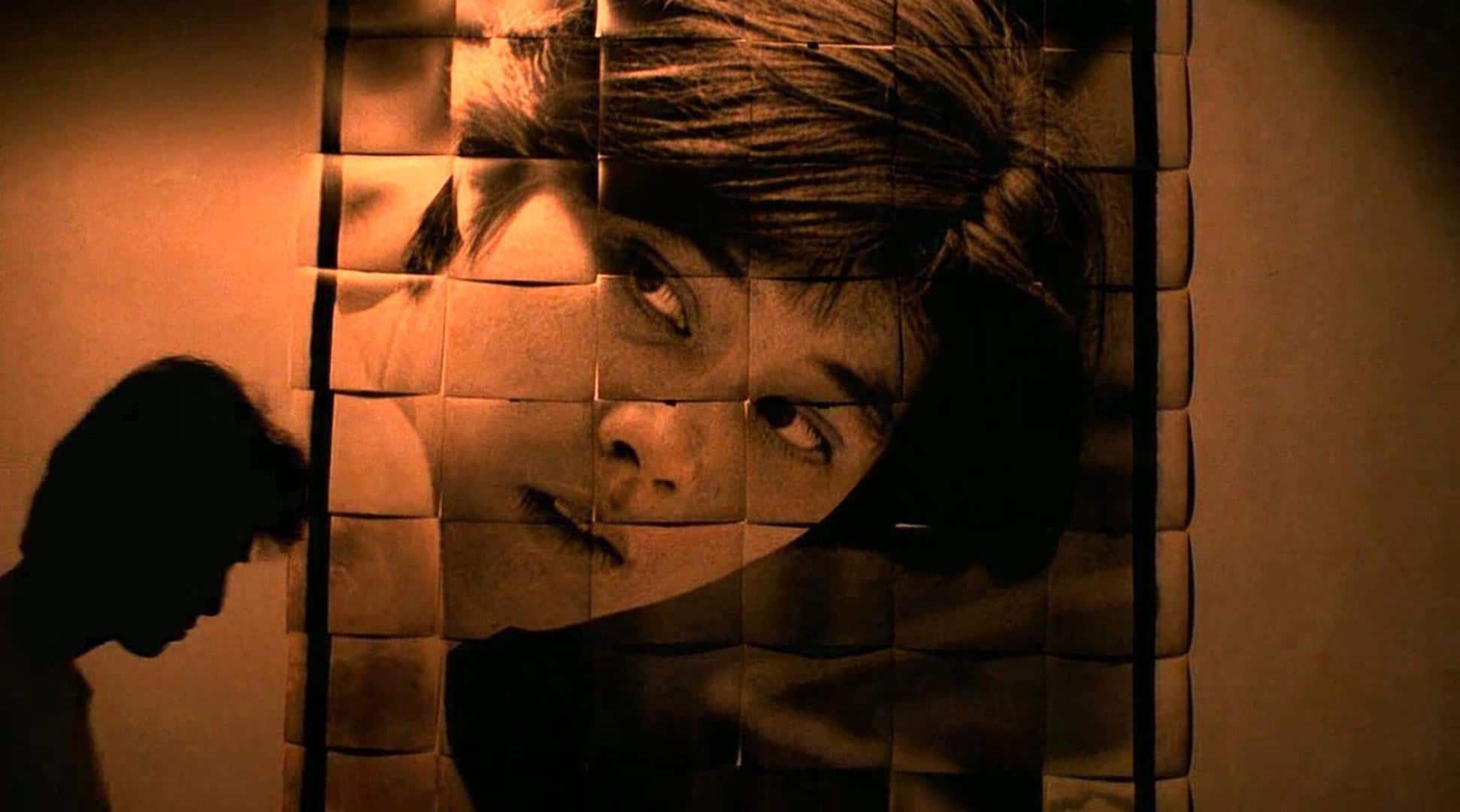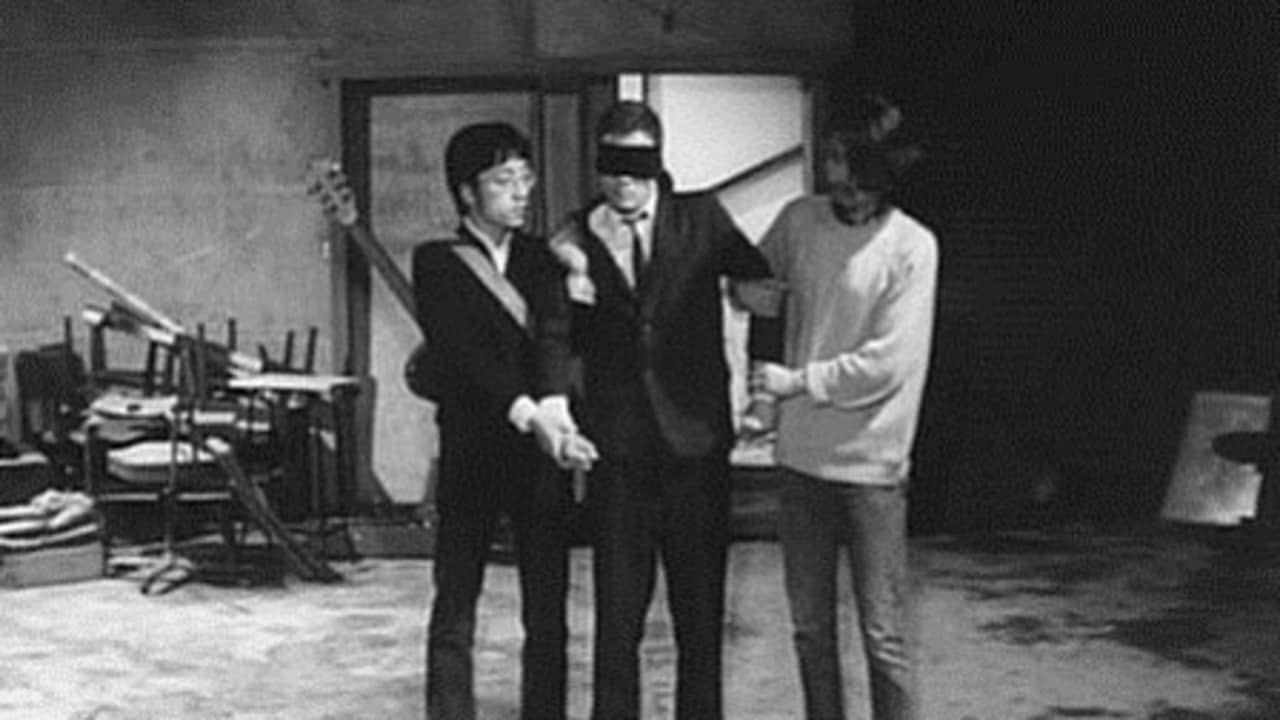“A Sun” is another high-quality production of Taiwanese Studio Mandarin Vision (“The Great Buddha+” 2017). The two and a half-hour long crime drama directed by Mong-Hong Chung (“Godspeed” 2016) has been selected for the Netflix catalog and was the big winner of the 2019 Golden Horse Film Festival including Best Feature, Best Director, Best Editing and Best Leading Actor.
Coming from the homeland of the great Edward Yang, the story incorporates many similar topics such as broken families, lost youth, and the ultimate road to redemption. It all starts with a gritty scene of violence in which A-Ho, played by Wu Chien-Ho (“Xiao Mei” 2018), attacks a young man in a neon trenched back ally store of a dark city. As a result, he is sent away to a juvenile detention center and his father A-Wen decides to cut ties with him and solely focuses on his driving teacher job and the eldest son, A-Hao. The aspiring doctor becomes the projection surface for all the hopes of the family. But very soon they brace another backlash.
“A Sun” is an epic with many turns and switches. It plays along with melodramatic genre conventions and fully integrates the viewer in its emotional entanglements. The story about a middle-class family and their struggle with the modern world is painful and provoking. Director Mong-Hong Chung slowly builds up his characters and avoids sentimentalism, unlike other representatives. Through visual metaphors, the film expresses a wide range of inner conflicts and portrays the relationship between its protagonists. Especially the jealousy between the brothers and the missing bond between A-Ho and his father are the main breaking points of what could have been a harmonious family life. In these moments “A Sun” manages to survey a deeper feeling of meaning eclipsed with sadness.
This effect only works with the right kind of actors. Chen Yi-Wen is the spearhead of a surprisingly good cast. Known for his work in Edward Yang's “Yi Yi” (2000) and “A Brighter Summer Day” (1991) his acting is the key that bridges between the two sons and the rest of the family. Together with Wu Chien-Ho, they both present a natural and honest performance of emotional growth. Their on-screen chemistry tells us a lesson about paying attention to the ones around us. Even the supporting actors like Liu Kuan-Ting evoke intense feelings and add up to the authentic vibe of the film.
The atmosphere is also affected by a genuine beautiful cinematography, which can compete with big global productions. Done by the director himself as he did in “Godspeed”, Chung Mong-Hong proves his ability as a multi-talent once more. On the production side, he further teams up with long time companions such as the cutter Lai Hsui-Hsiung (“Xiao Mei”) and screenwriter Chang Yaosheng (“The Blue Chocker” 2018). The sound is mixed by one of Asia's leading engineers Tu Duu-Chih (“Millennium Mambo” 2001) and persuades with a secretly natural design.
The topic of light, which is implicated in the title of the film, can be seen as a metaphor of life. “Where there is light there is also shadow” sums up the overall theme of the complex feature. Sometimes we are blinded by the bright light and things are overseen and hidden in the shadows. People tend to hide their feelings behind a smile and often we cannot see their real emotions. Chung Mong-Hong uses the light to project truth on the screen. He may become the next big teacher of Taiwanese Cinema, walking in the footsteps of Edward Yang.


